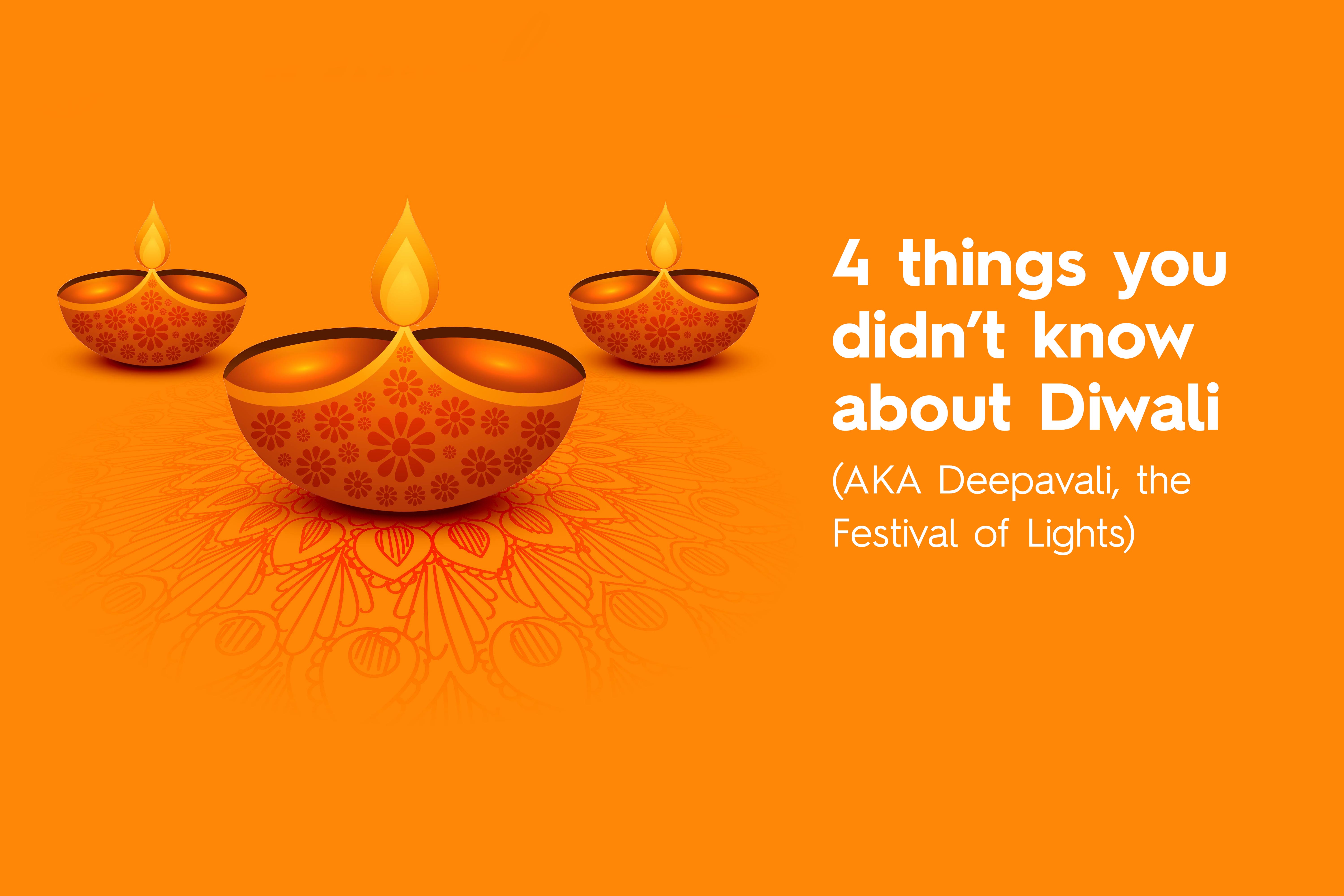Diwali Vazhthukkal! That means — Happy Diwali!
Today is the well-known Hindu celebration of the Festival of Lights. This celebration symbolises ‘the victory of light over darkness.’ We will dive into the unknowns of this Indian celebration — like why Diwali has multiple spellings, which religions celebrate the festival and more!
1. Diwali is derived from the Sanskrit word Deepavali
‘Diwali’ is the most common name for the Festival of Lights celebration. However, Diwali is also known as Deepavali, Dipavali, Dewali and Deepawali. So what’s the meaning behind Diwali? It originated from Sanskrit words;
Deepam = Light Vali = Pathway
Meaning, the way of the light. In other translations, Diwali (or Deepavali) means a row of lighted lamps.
Sanskrit is an ancient Indo-Aryan language of India that has been dated back to 1500 BCE. This ancient language has been a pillar of Indian culture and therefore a pillar in many different religions that have been practised in India for generations.
2. More than one religion celebrates Diwali
As Diwali is an Indian celebration, it is celebrated by more than just one religion. Although it is primarily a Hindu celebration, Diwali is also acknowledged in the Jain, Buddhist, and Sikh faiths.
The celebration itself goes for 5 days — the third day is Diwali Day. Similarly to the Christain celebration of Easter, there are special days leading up to Easter Sunday, but in total, the celebration lasts 5 days.
“Hindus interpret the Diwali story based on where they live, according to National Geographic. In northern India, they mark the story of King Rama’s return to Ayodhya after he defeated Ravana by lighting rows of clay lamps. In southern India, people celebrate it as the day Lord Krishna defeated the demon Narakasura. In western India, the festival marks the day Lord Vishnu, one of the main gods of the Hindu trinity, sent the demon King Bali to rule the nether world.
Meanwhile, in Jainism it marks the nirvana or spiritual awakening of Lord Mahavira, National Geographic reported. And for Sikhs, it celebrates the day a major guru was freed from imprisonment.” USA Today report in 2018.
3. Over 1.5 billion people celebrate Diwali every year
Hinduism is the third largest practising religion in the world — with approximately 1.2 billion Hindus worldwide. So no matter where you are in the world, it is most likely there will be some form of public celebration of Diwali.
For example here in Australia, the supermarket Woolies has been advertising the celebration (stating that they’re the supermarket that can provide you with all the spices, rice and pastries you need for the occasion).
You may even find some communities putting up colour lanterns and decorative lights for the weekend leading up to Diwali.
4. The moon calendar determines the festival’s date
Like many cultural events and days of celebration, Diwali is predicted through the cycle of the moon (again like Easter in the Christain faith). Diwali is always celebrated in either October or November every year.
And of course, lots of lamps and lots of yummy food!
With any cultural celebration, there will always be some sort of traditional cuisine that accompanies it. Diwali is no different. With a wide variety of delicious savoury curries, chutneys and pastries, as well as mouth-watering desserts of all kinds including sweet rice and more. The goal is to be as full as can be by the end of Diwali day.
Many lamps, lanterns and candles will be lit in family homes to ensure that the ‘darkness’ does not reach their home. So if you’d like to celebrate in a small way, light a candle at home when you get home tonight. Even better, if you’d like to get a special gift for your employees who celebrate Diwali, then you can get branded candles right here from Good Things.
So, Diwali Vazhthukkal! I hope you have a beautiful and bright year ahead.
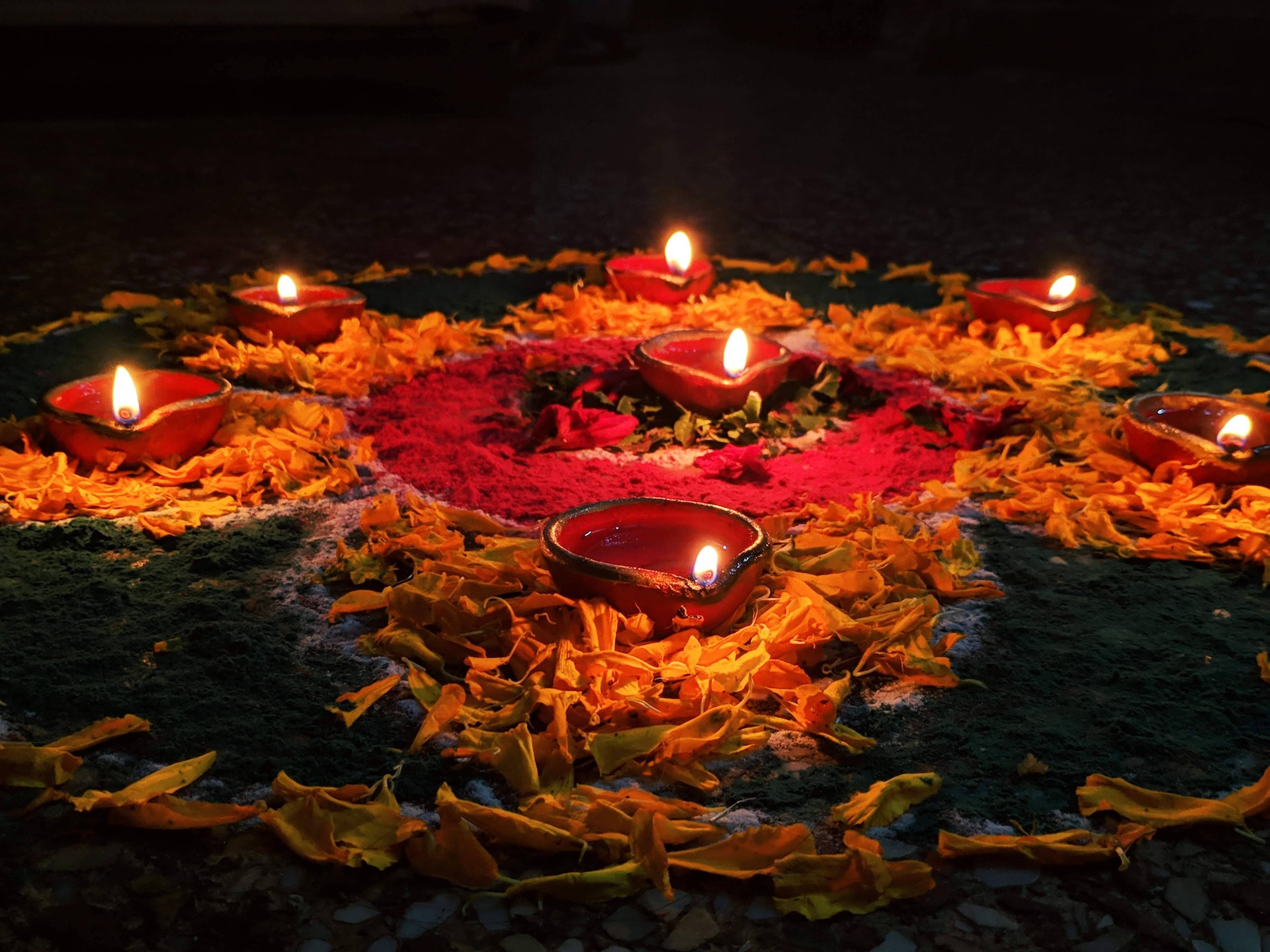
 Australian-Owned
Australian-Owned
 The good range
The good range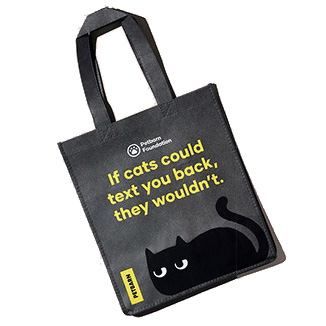 Bags
Bags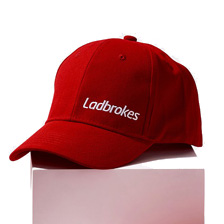 Caps & Hats
Caps & Hats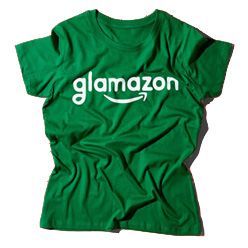 Clothing & Apparel
Clothing & Apparel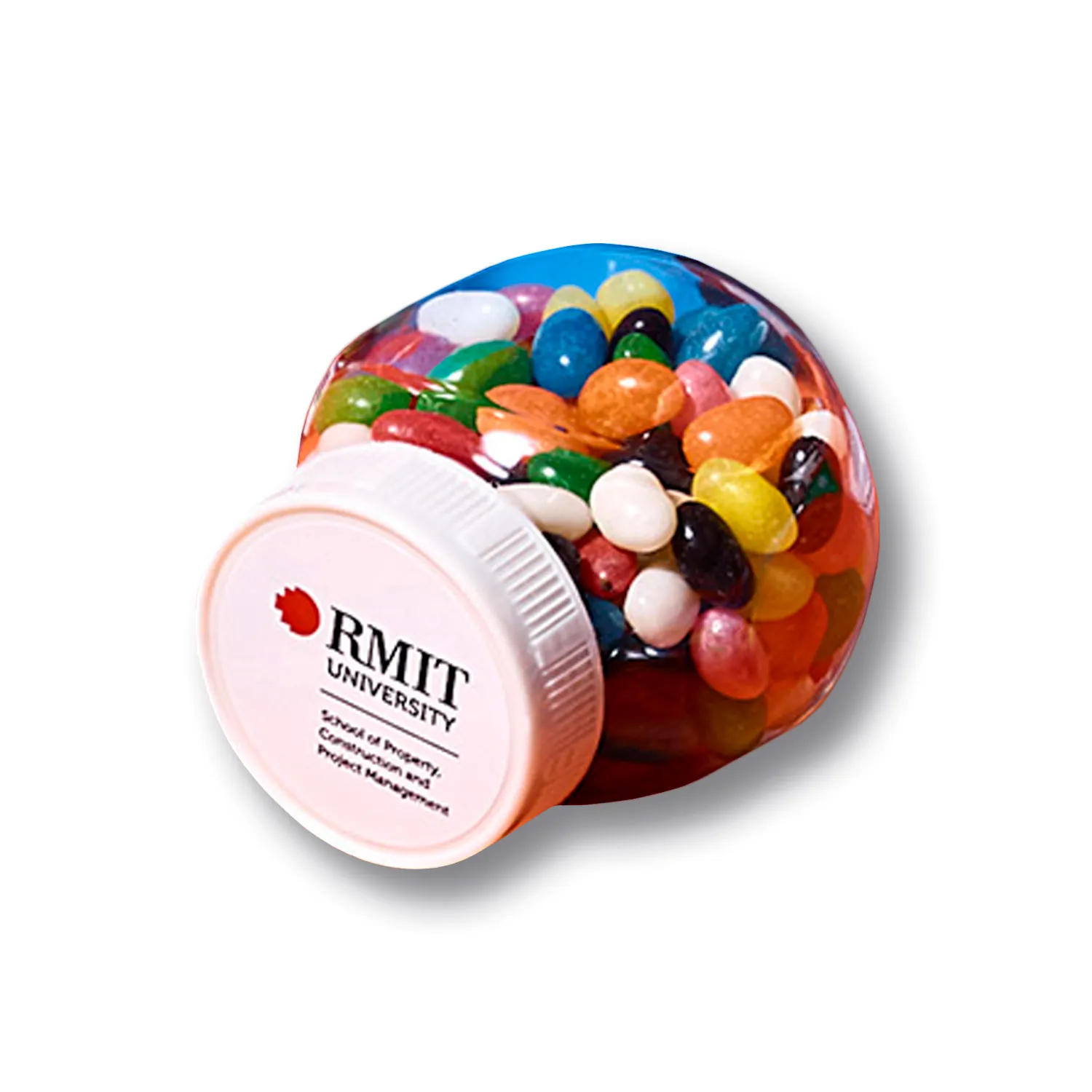 Confectionery
Confectionery Conferences & Events
Conferences & Events Drink Bottles
Drink Bottles Eco Friendly
Eco Friendly Giveaways
Giveaways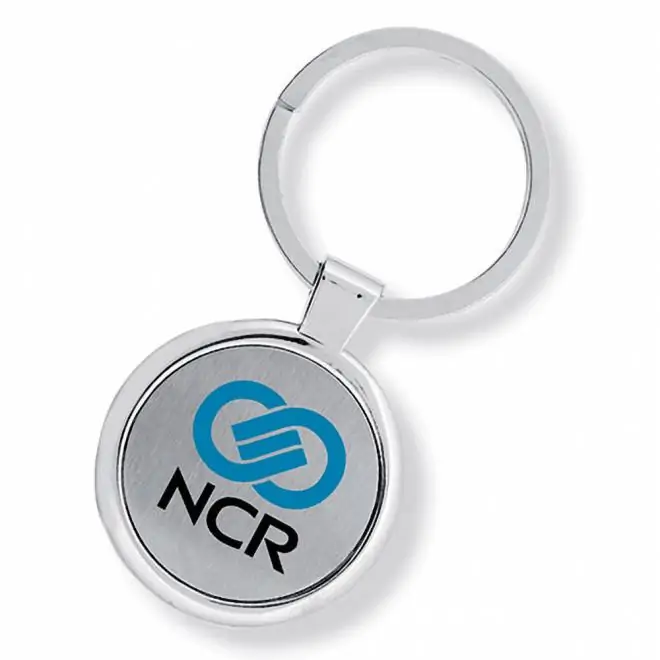 Keyrings
Keyrings Mugs
Mugs Outdoor
Outdoor Packaging
Packaging Pens & Stationery
Pens & Stationery Technology
Technology Umbrellas
Umbrellas





